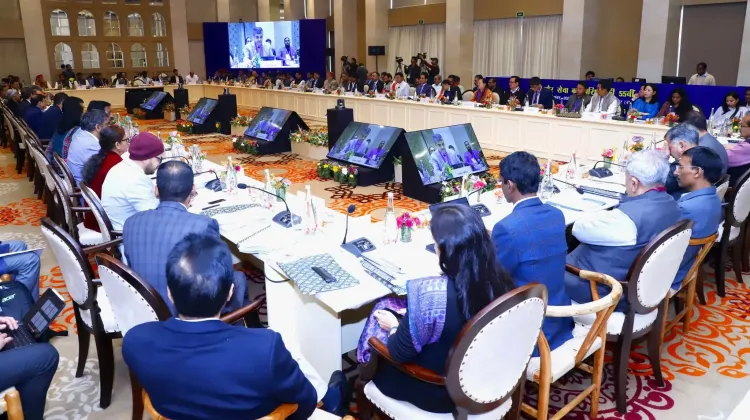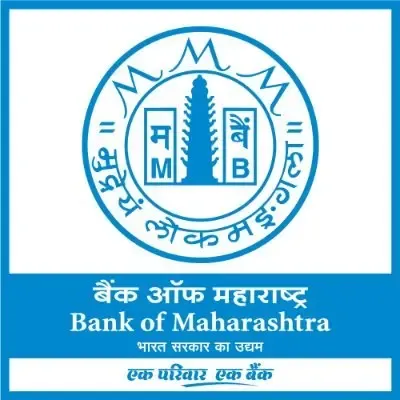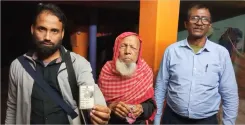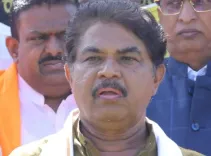GST Proposals Aim to Foster Business-Friendly Landscape and Ensure Equity: Experts

New Delhi, Dec 22 (NationPress) The 55th GST Council meeting has introduced a range of essential recommendations aimed at providing targeted relief, simplifying compliance procedures, addressing industry uncertainties, and facilitating trade, experts stated on Sunday.
Among the significant proposals is a retrospective adjustment to the blocked credit provisions, which now substitutes the term “plant or machinery” with “plant and machinery” as per the Supreme Court’s decision in the Safari Retreats case.
“This distinction clarifies the eligibility for Input Tax Credit (ITC) based on the application of the two terms. Moreover, the amendment to the Input Service Distributor (ISD) provisions will include inter-state reverse charge mechanism (RCM) transactions, providing much-needed clarity within the ISD structure,” remarked Krishan Arora, Partner, Grant Thornton Bharat.
In addressing persistent ambiguities, the Council has clarified that vouchers will not be classified as goods or services. Likewise, goods held in a Special Economic Zone (SEZ) or Free Trade and Warehousing Zone (FTWZ) prior to export clearance or supply to the Domestic Tariff Area (DTA) will not be deemed as a supply of goods or services, aligning the treatment of SEZ/FTWZ and customs bonded warehouses.
To enhance access to appellate mechanisms without imposing undue financial strain, the Council has proposed lowering the pre-deposit requirement from 25 percent to 10 percent, particularly in cases involving penalties.
“Additionally, the implementation of a track and trace mechanism for commodities susceptible to evasion signifies a major advancement towards enhancing transparency within the GST system,” noted Arora.
Other notable recommendations include a reduction in the GST rate on fortified rice kernels to 5 percent, and the complete exemption of gene therapy from GST, making essential goods and advanced medical treatments more accessible.
“The exemption on gene therapy for life-saving treatments is commendable as the costs associated with such therapy are substantial and often unaffordable for those in need. The GST exemption would make it attainable for more individuals,” stated Gyanendra Tripathi, Partner and Leader (West), Indirect Tax, BDO India.
The clarification that no GST applies to penal charges imposed by banks and Non-Banking Financial Companies (NBFCs) for loan term non-compliance will alleviate the financial load on borrowers.
Similarly, the GST exemption on contributions made by general insurance companies to the Motor Vehicle Accident Fund is anticipated to result in lower motor insurance premiums, benefiting vehicle owners.
According to Tripathi, a concept note aimed at simplifying the GST registration process for small assessees is another positive development, considering the variation in documentation requirements for registrations across different locations. It is hoped that the registration process will be uniformly established for both smaller and larger assessees.
In summary, these measures highlight the Council’s dedication to cultivating a more business-friendly environment, ensuring equity, and improving clarity within the GST framework, as noted by experts.










